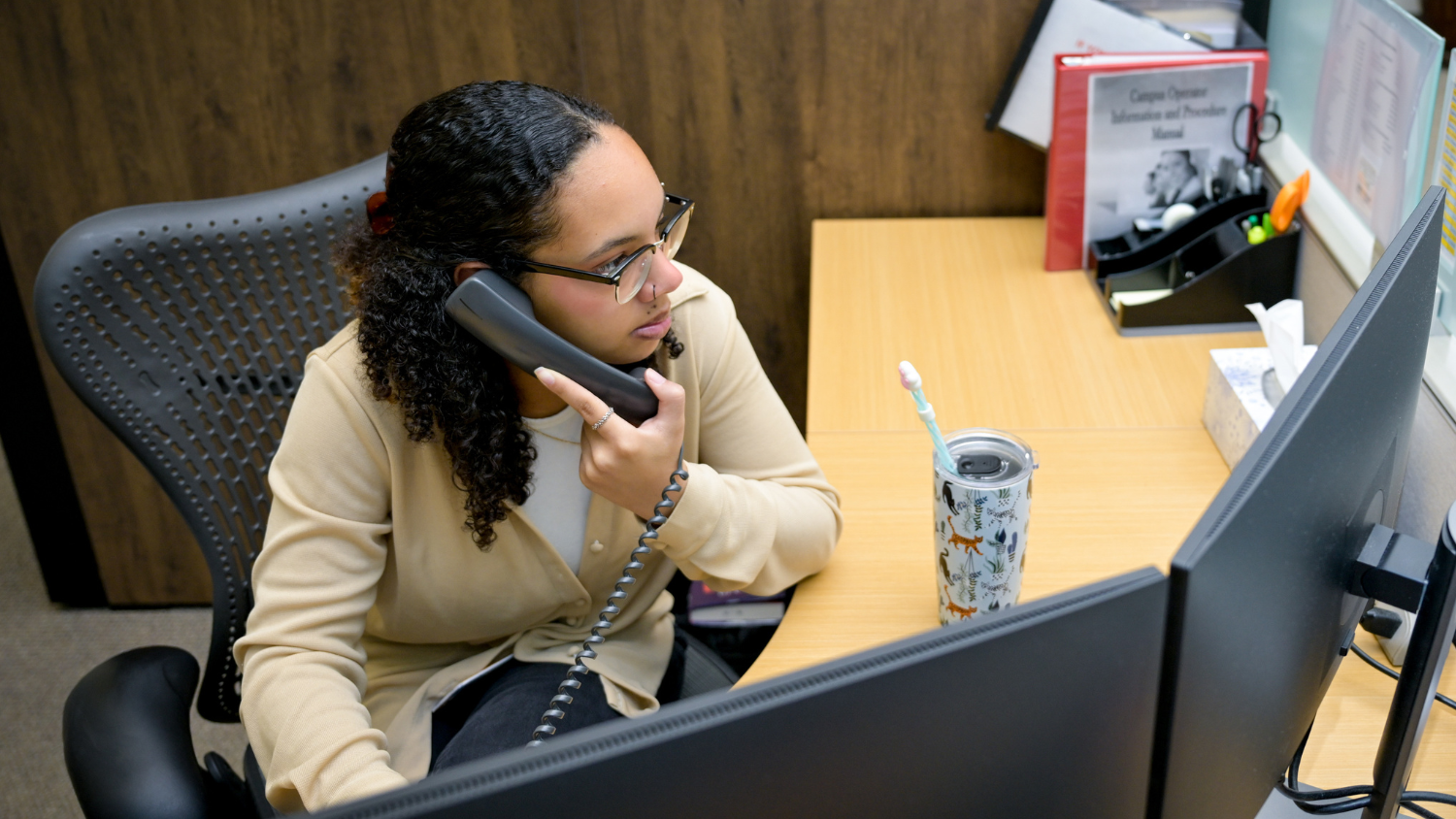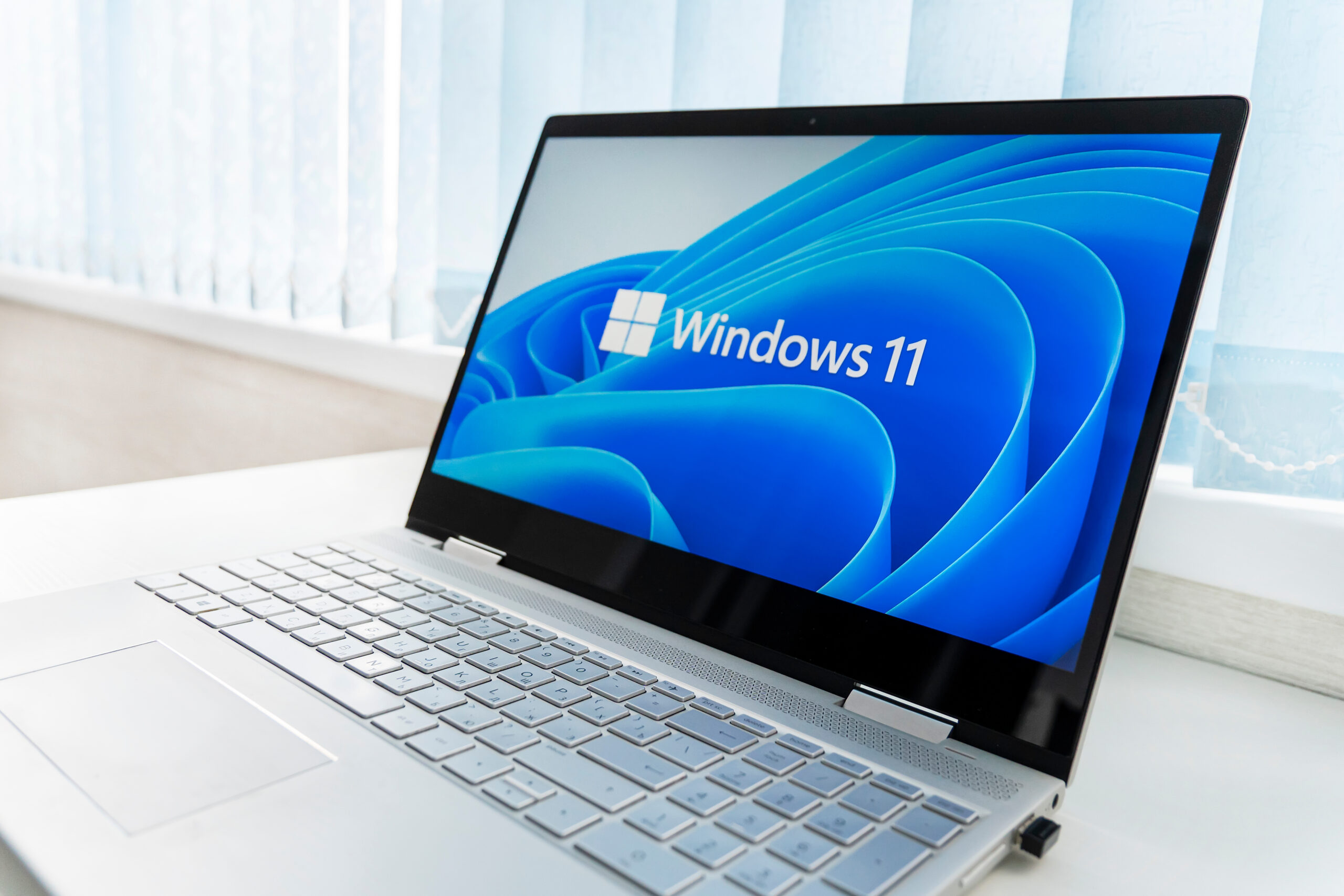Tech tips to travel safely
Thinking about your next vacation? We’re in the midst of summer travel, and it is easy to let down your cyber guard. Before you plan your next trip, take proactive steps to secure your devices and protect your digital privacy. Travel with confidence and #BeCyberSmart with these tips:
- If you can, leave your device at home. Traveling with multiple devices increases your chances of having one or more devices become lost or stolen. It also limits access to your data and prevents you from falling victim to scams or hacks.
- Install updates. Whether it’s a laptop, smartphone or gaming device, the best defense against viruses and malware is to update to the latest security software. Keep your device’s operating software, as well as any antivirus software, up to date.
- Back up important travel documents. Traveling with important documents increases your need for security. Before leaving town, be sure to back up or scan documents to a cloud environment to ensure seamless access. You may also want to make a few printed copies of your passport to keep with you in case the original is lost or stolen.
- Protect your device. Use password protection on all mobile devices. Follow the guidelines to establish passwords as allowed by your device. Enable two-factor authentication (2FA) and consider using passphrases to add an extra layer of protection to your account.
- Lock your device. Make sure to always lock your device when you are not using it. Check your timeout settings and set your devices to lock after a short period of time.
- Limit your use of public Wi-Fi. Only use sites that begin with “https://” when online shopping or banking. Turn off automatic Wi-Fi or Bluetooth connections, so your device will not automatically connect or send your data over unsecured networks to unknown devices. If you must connect to public Wi-Fi, it’s best to use a virtual private network (VPN). Also, it is important to choose “Forget This Network” when finished using public Wi-Fi to help prevent being tricked by criminals.
- Charge your device securely. Always connect using your own power adapter plugged in directly to a power (AC) outlet. Avoid USB chargers at airports, hotels and other public places — these inputs cannot be trusted.
- Locate your device. If your mobile device is misplaced, lost or stolen, use Find My Device for Android devices or Find My iPhone for Apple devices.
If you cannot recover your mobile device, report loss or theft to your campus department if it’s a university-owned device, your wireless carrier or the police. Immediately change any passwords saved on the device.
For more information on how to protect your tech while traveling, visit:


